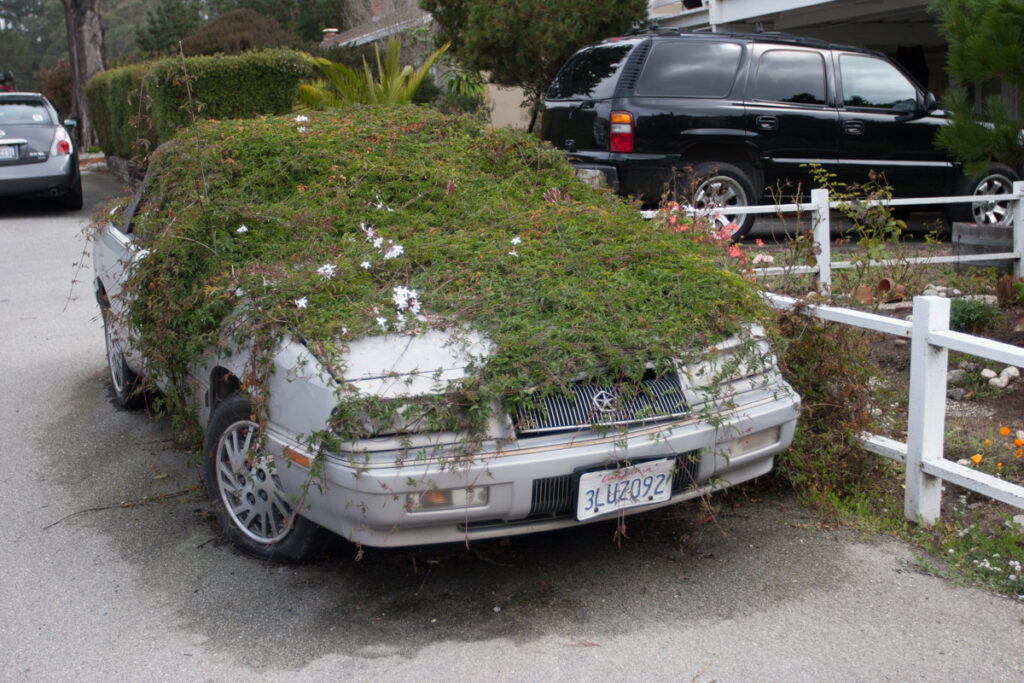
Choosing a Car Donation Charity
Generally, there are three different outcomes when donating your car to charity:
- It will be used and operated by the charity
- It will be given to a person in need
- It will be passed on to a 3rd party for a flat fee or percentage for resale/recycling
Unless your car is in good or excellent condition, it will most likely be sold at auction or to an auto salvage yard. If you are donating for the tax benefits, make sure the charity qualifies for tax deductible contributions and that you follow all of the rules at tax time (see topic below).
Actual charity proceeds can vary widely, and it is typical to see less than 25% of the car donation proceeds going to help charity recipients.
Charity Proceeds
Unfortunately, many high profile charities have been caught distributing very little of their donations. Make-A-Wish Foundation’s Car Donation Foundation distributed only about 20% of their revenue to benefit the charity from 2011-2014. Similarly, Kars4Kids donated around half the proceeds to benefit a very specific group of children that wasn’t disclosed, and may have been misrepresented in their advertising. Here it pays to do your research into charity groups with organizations like Charity Watch and Charity Navigator to confirm the money is going to the cause you want to support, or to see how the funds of your favorite charity are distributed.
IRS Tax Benefits of Car Donations
Getting tax benefits for a donated car requires a lot of documentation, whether the car is junked, sold at auction or given to a charity’s client. You must choose a charity that qualifies as an “exempt-status” or 501(c)(3) organization to get a tax write off from the IRS. Look for these items to guide you through the car donation process:
- Ask for a copy of the organization’s IRS letter of determination which verifies its tax exempt status, or look them up on this IRS page.
- They should also provide a receipt for you to file along with your taxes.
- Non-cash donations can trigger an IRS audit, so be sure to document the value of the car, take photos, and keep vehicle records.
- To be completely thorough, download the IRS Car Donation Guide
Assigning a Fair Value to your Car
There are three general categories your car will fit in, and what you need to do will depend on the value of your car. If you aren’t sure, use an independent source to verify the value of the car, such as Kelly Blue Book, or the National Auto Dealers Association. Keep in mind, however, the actual deduction will be based on the car’s actual selling price, not it’s market value.
- Less than $500
If your car is worth less than $500, then you may deduct the fair market value of your car without any additional documents. It is advisable to document the value based on photographs and valuations from KBB or NADA for proof in case the IRS would like further information. - Between $500 and $5,000
If your car is worth more than $500, you will need to fill out Section A of IRS Form 8283 and attach it to their tax return along with a written acknowledgement from the charity as to the sale price of the vehicle (if it was sold), or how it will be used. Your deduction will be based on the car’s selling price, not your fair market value estimate. - More than $5,000
If your car is worth more than $5,000, you will need to fill out both Sections A & B of IRS Form 8283 and provide an independent appraisal. You can check with your charity, auto insurance company, or just do a google search for an independent auto appraiser in your area.
Timing is everything. If it is tax time and your donated vehicle has still not been sold, you may want to automatically file for an extension on your tax return date in order to give time for the charity to sell the vehicle. Your second option is to file the return on time without claiming the deduction for the qualified vehicle. When the charity sends your notification, you can file an amended return using form 1040X to claim the deduction and attach a copy of the notification.
If you have the time, selling the vehicle yourself and donating the proceeds can be the best option for you and your charity as this cuts out any middleman, towing company, fees, and most of all- tax paperwork and headaches from the process.
Sources:
Charity Watch
Edmunds
Comments 1
A friend of mine was telling me that he wanted to donate his car, and I was curious about how you would go about doing it correctly. It’s interesting that usually the car is actually used by the charity, or given to someone in need! Since he has a car that is in pretty good condition, it would be nice to see that they are using it for something good.